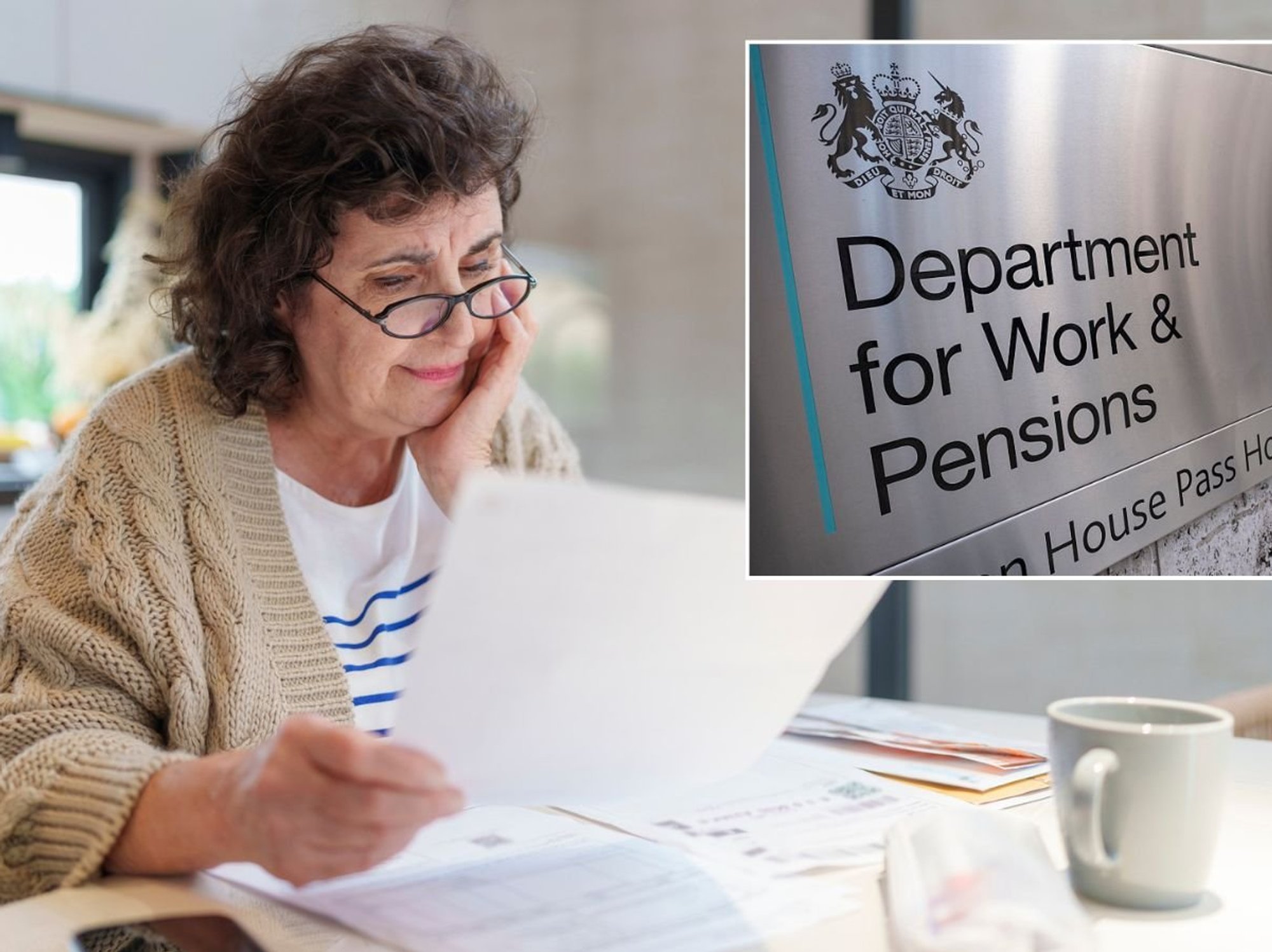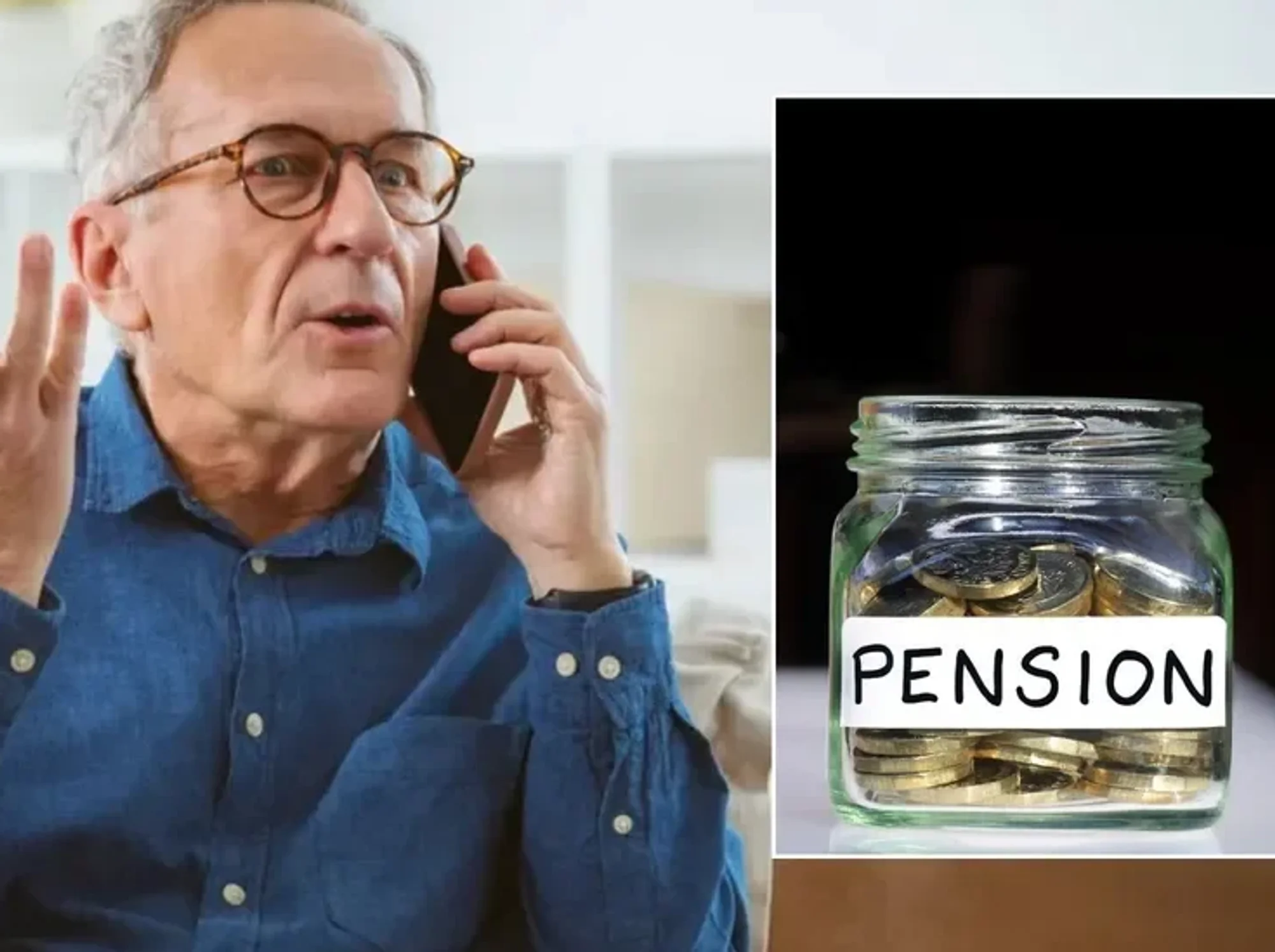Tax disaster as Labour refuses to rule out HMRC raid on middle class households
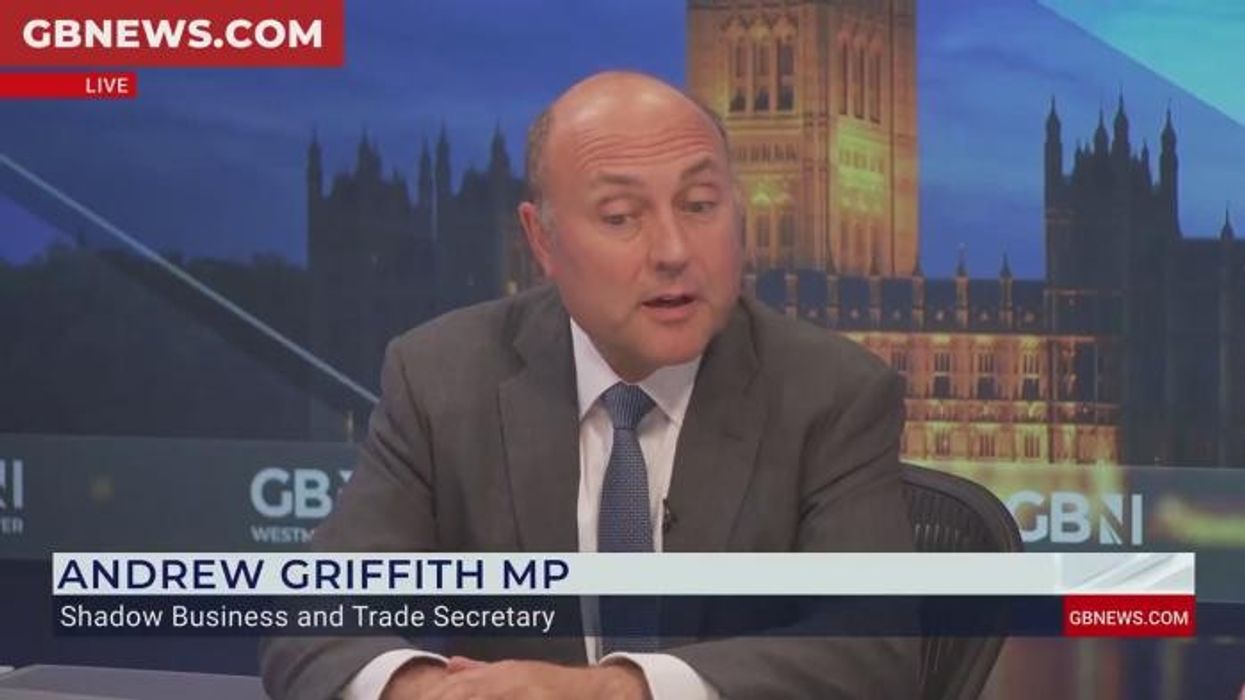
Andrew Griffith MP warns the UK’s tax base is on a 'depressing' knife edge |
GB NEWS

Labour peers have previously called for a wealth tax to address the country's fiscal woes
Don't Miss
Most Read
A senior Government minister indicated that middle-class workers could face higher taxes in the autumn Budget, marking a significant shift in Labour's approach to taxation.
Earlier this morning, Transport Secretary Heidi Alexander said the Government had promised not to increase taxes for "people on modest incomes" when asked about potential tax rises in October.
The Cabinet minister stated that "fairness" would be the "guiding principle" for taxation decisions, whilst declining to speculate on the Budget's contents. Her comments represent a notable change in language from Labour's previous stance.
This shift comes as the party faces growing pressure to implement wealth taxes, with former leader Neil Kinnock proposing a two per cent levy on assets above £10million.
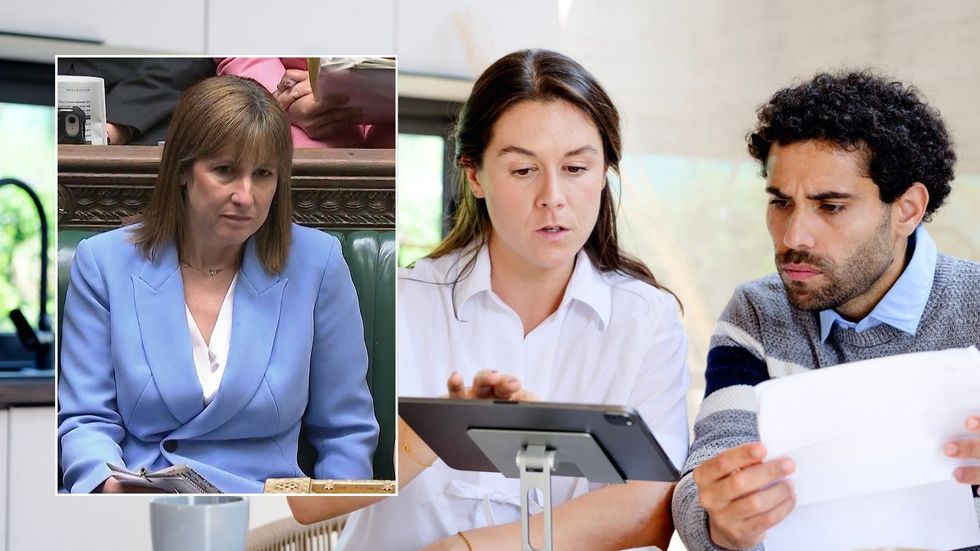
Labour is refusing to rule a tax raid on the middle class
|GETTY / PA
During an interview with Sky News, Alexander said: "I think your viewers would be surprised if we didn’t recognise that at the Budget the Chancellor will need to look at the OBR (Office for Budget Responsibility) forecast that is given to her and will make decisions in line with the fiscal rules that she has set out.
"We made a commitment in our manifesto not to be putting up taxes on people on modest incomes, working people. We have stuck to that.
"We haven’t put up income tax. We haven’t put up VAT apart from taking away those VAT tax reliefs that people who send their children to private school get, and we obviously haven’t put up employee National Insurance.”
Various proposals for wealth taxes are being considered, with different thresholds and rates under discussion. Kinnock's suggestion of a two per cent tax on assets above £10million could raise approximately £10 billion annually."
Do you have a money story you’d like to share? Get in touch by emailing money@gbnews.uk.
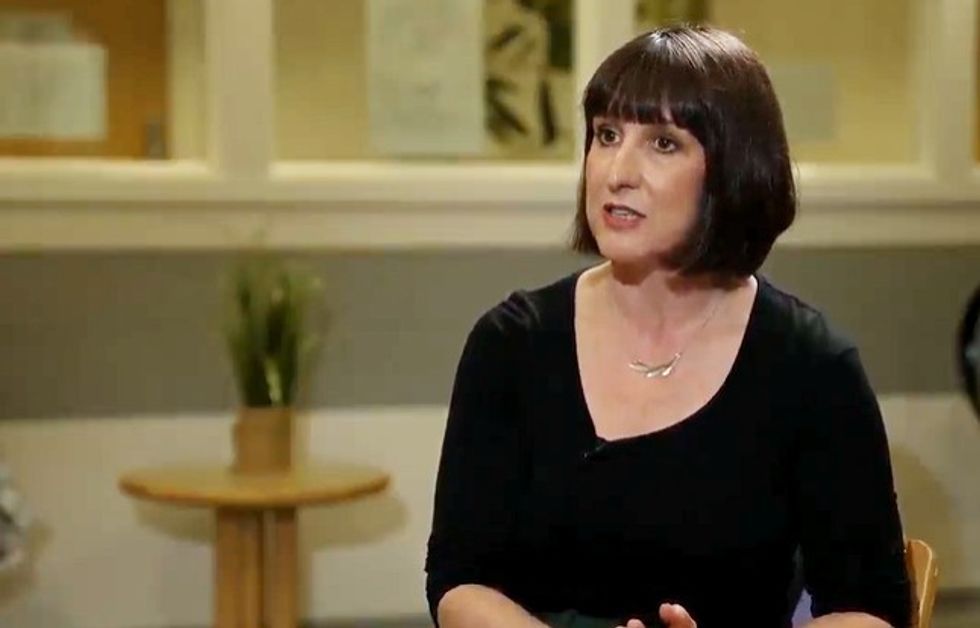
The Chancellor is under pressure over potential tax rises
| GB NEWSThe Green Party advocates a one per cent tax on wealth exceeding £10million, rising to two per cent for fortunes above £1billion. Co-leader Adrian Ramsay told The i Paper: "We need to tax wealth fairly to fund the frontline services we all rely on – from our NHS to local councils to schools and social care."
Ashwin Kumar, director of the IPPR think-tank told The i Paper: "The starting point is that a wealth tax could not be implemented very quickly, because you would need to set up an asset register so that the Government knows exactly what it is taxing."
Instead, Kumar proposed equalising capital gains tax rates with income tax as a more practical solution. Currently, higher-rate taxpayers pay 24 per cent on most investment profits, compared to 40 or 45 per cent on income.
Adam Corbett, the principal economist at the Resolution Foundation echoed this view, stating: "It is better to fix the existing wealth-related taxes that we have than to invent a new one.
"Treasury officials are examining several alternative revenue-raising measures beyond traditional wealth taxes. Alfie Stirling of the Joseph Rowntree Foundation suggested broadening national insurance to include investment income such as rent, dividends and pensions could generate £20 billion annually.
He said: "Our view is that the first thing we should do is look to iron out the unequal tax treatment of different types of income."
LATEST DEVELOPMENTS:
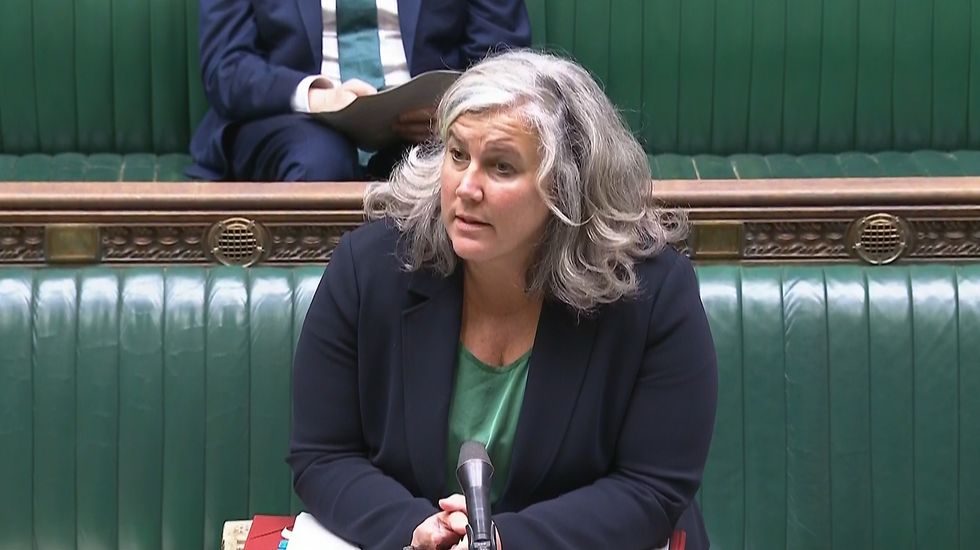
Transport Secretary Heidi Alexander refused to rule out higher taxe s
| PAProperty taxation reform represents another option under consideration. Corbett proposed shifting council tax liability from occupiers to property owners, meaning landlords rather than tenants would bear the tax burden on rental properties.
He added: "I think it is possible to raise a significant number of billions of pounds from wealth-related tax changes on the very wealthy, and in ways that actually improve the tax system rather than worsen it."
Chancellor Rachel Reeves has notably shifted her position on wealth taxes, having previously told The Telegraph in April that she could "categorically rule out tax hikes for the richest" and stating "We're not interested in a wealth tax."
This reversal comes amid mounting pressure from Labour backbenchers and unions demanding higher levies on the wealthy. Welsh First Minister Eluned Morgan added to calls for action, telling the Sunday Mirror that wealth taxes were "not a bad idea" and that "people with the broadest shoulders should carry more of the burden."
More From GB News









